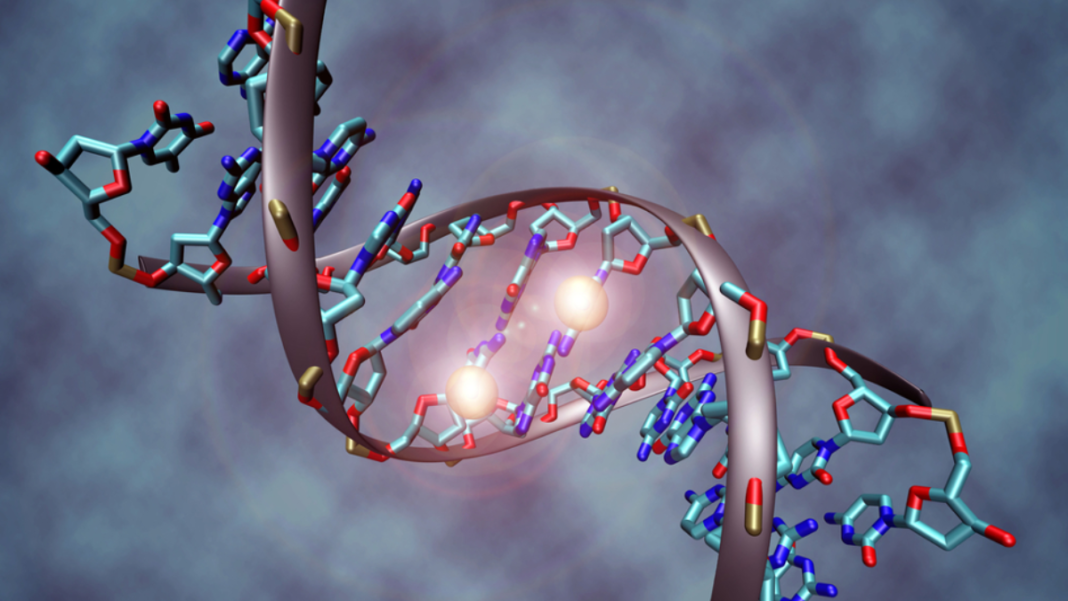The recognition of epigenetics factors in addiction has significant implications for addiction treatment, offering the potential for more personalized and effective interventions. By understanding how environmental factors and behaviors influence gene expression, clinicians can develop strategies that target these epigenetic changes and support long-term recovery.
Personalized Treatment Approaches
One of the most promising aspects of epigenetics in addiction treatment is the potential for personalized medicine. By analyzing an individual’s epigenetic profile, clinicians may be able to identify specific genetic and epigenetic factors that contribute to their addiction. This information could be used to tailor treatment plans that target these underlying factors, increasing the likelihood of success.
For example, individuals with specific epigenetic changes in stress-related genes may benefit from therapies that focus on stress management and emotional regulation, such as cognitive-behavioral therapy (CBT) or mindfulness-based interventions. Similarly, those with epigenetic alterations in dopamine-related genes may respond better to medications that target the dopamine system, such as naltrexone or buprenorphine.
Reversing Epigenetics Changes
Another significant implication of epigenetics in the field of addiction treatment is the promising potential to reverse harmful epigenetic modifications that contribute to addictive behaviors. Given that epigenetic changes are not permanent and can be altered, there is a unique opportunity to develop interventions aimed at promoting healthy behaviors and environments. These interventions could help restore normal gene expression patterns that have been disrupted by substance abuse.
By targeting the underlying epigenetic modifications, such treatments could significantly reduce the risk of relapse, offering a more sustainable and long-term solution to addiction recovery. The ability to reverse these changes opens new avenues for personalized and effective treatment strategies that address the root causes of addiction at the molecular level.
Lifestyle changes, such as regular exercise, a balanced diet, and stress reduction techniques, can have a positive impact on epigenetic modifications, supporting recovery and overall well-being. Additionally, emerging research suggests that certain medications, known as epigenetic drugs, may be able to specifically target and reverse harmful epigenetic changes associated with addiction. These drugs hold promise for the future of addiction treatment, offering a new avenue for intervention that goes beyond traditional approaches.
Prevention and Early Intervention
Understanding the role of epigenetics in addiction also highlights the importance of prevention and early intervention. By addressing environmental factors that contribute to harmful epigenetic changes—such as exposure to trauma, stress, or substance use—communities can reduce the risk of addiction before it begins.
Early intervention programs that provide support for at-risk individuals promote healthy coping strategies, and address the social determinants of health can help prevent the epigenetic changes that lead to addiction. These efforts are particularly important for young people, whose brains are still developing and may be more susceptible to the effects of epigenetic modifications.
The role of epigenetics in addiction underscores the complexity of substance use disorders and the need for comprehensive, personalized approaches to addiction treatment. By recognizing that addiction is influenced not only by genetics but also by reversible epigenetic changes, we can develop more effective strategies for preventing and treating addiction.
As research in this field continues to advance, the integration of epigenetic insights into addiction treatment holds the potential to improve outcomes and offer new hope to those struggling with addiction. Understanding and addressing the epigenetic factors in addiction will be crucial for creating a future where recovery is not only possible but sustainable.
Conclusion
Epigenetics represents a paradigm shift in our understanding of addiction, offering new insights into the biological and environmental factors that contribute to substance use disorders. The implications for addiction treatment are profound, from personalized medicine to targeted therapies and prevention strategies. However, the field is still in its infancy, and significant challenges remain in translating these discoveries into practical treatments. As research progresses, epigenetics has the potential to transform addiction treatment, offering hope for more effective and tailored approaches to this complex disease.






